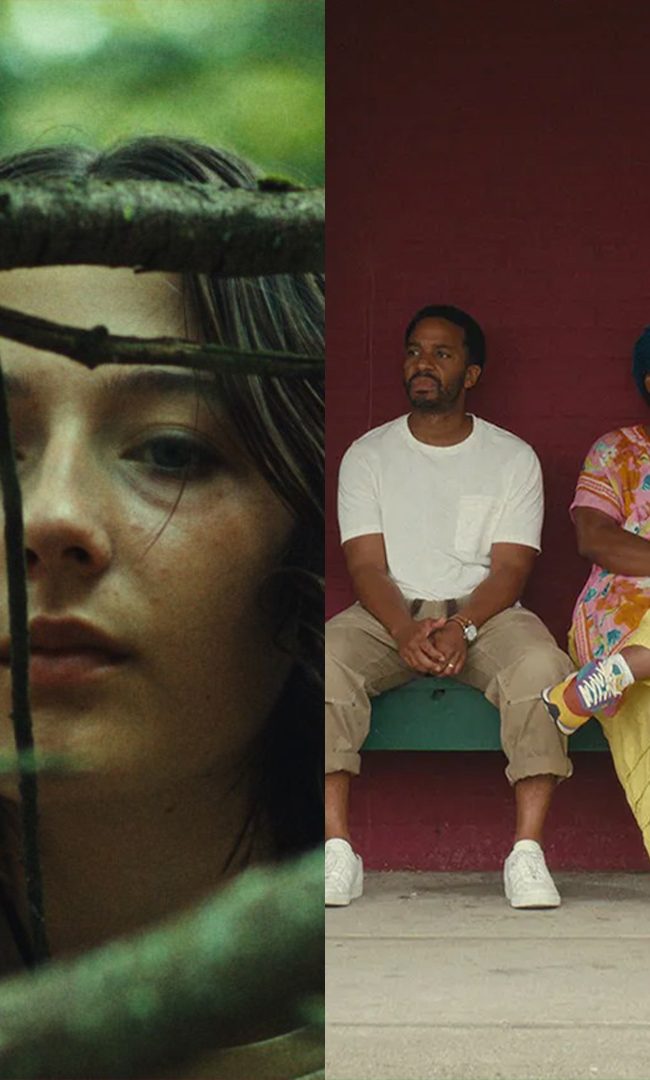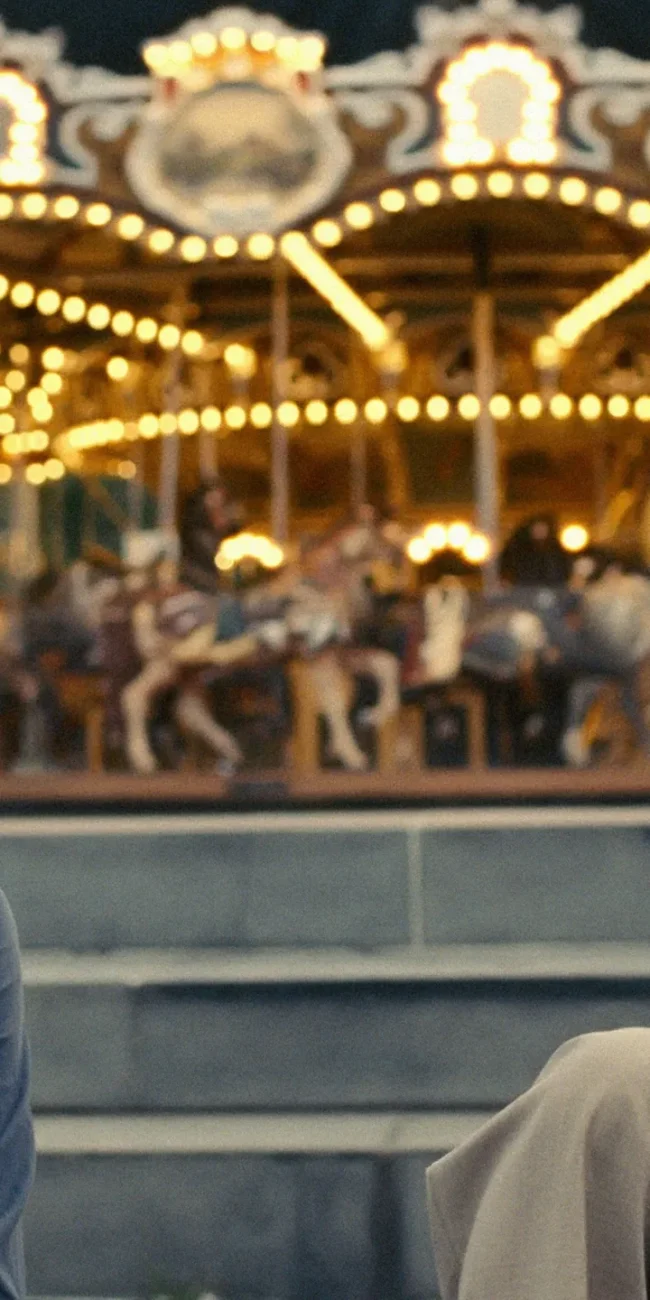Today is one of those ultra-special Tuesdays when it comes to new DVD releases. Break out your wallets and add these titles to your collection:
Momma’s Man (Kino International) — Azazel Jacobs’ Momma’s Man was not just one of 2008’s most memorable low-budget accomplishments. It stands as one of the decade’s finest examples of truly independent American narrative cinema. Jacobs turns his own past into an absorbing and universal tale about letting go of the eternal child within all of us, especially when it comes to the influence of our parents. Read my conversation with Jacobs on the heels of the film’s theatrical release late last summer, as well as my still reeling review after seeing it at Sundance, then buy it at Amazon.
Wendy and Lucy (Oscilloscope Pictures) — With Wendy and Lucy, Kelly Reichardt has mastered the art of the cinematic short story. Michelle Williams gives a quietly riveting performance as a destitute young woman who is seeking a better life in Alaska. Almost exactly one year after its world premiere in Cannes, Wendy and Lucy feels even timelier and more vital. As a one-two punch, it would be hard to find two finer examples of early 21st century low-budget American narrative cinema than these two films. Read Lena Dunham’s review, then buy it at Amazon.
Under the Bombs (Film Movement) — Filmed on location during the deadly heat of the Israeli invasion of Lebanon in 2006, Philippe Aractini’s Under the Bombs takes an approach similar to Michael Winterbottom’s In This World, in which actors and an artificial story are inserted into a real life environment. The result is a film that feels infinitely more immediate than it otherwise might have. As a mother who is seeking to find her missing son, Nada Abou Farhat delivers a performance that deserves to be recognized on a much larger scale. Under the Bombs is a powerful and resonant film. Buy it at Amazon. (An added bonus: In what is now a refreshing tradition by Film Movement, a short film is also included on the DVD. Polish director Jan Wagner’s Porno is a sweetly frank portrait of adolescence, in which a shy young boy finds himself genuinely drawn to the sexually provocative new girl in town.)
A Grin Without a Cat (Icarus Films) — Chris Marker’s epic historical essay documents the rise and fall of the revolutionary state of mind that permeated the world in the 1960s and 1970s. While A Grin Without a Cat is three hours long and presents enough information for one college course’s entire semester, it remains an invigorating experience due to Marker’s dazzlingly artistic assemblage of so much rare archival footage. In the film’s accompanying booklet, Marker writes an essay in 2008 that explains the theme better than I ever could (buy it at Amazon):
What happens when a party, the CP, and a great power, the USSR, cease to embody the revolutionary hope, what looms up in their place and how the showdown is staged. The irony is that thirty years later, the question is irrelevant. Both have ceased to exist and the only chronicle is that of the unending rehearsal of a play which has never premiered.
Profit Motive and the Whispering Wind — John Gianvito’s Profit Motive and the Whispering Wind is a solemn and reverent tribute America’s history of political activists, but it’s also a film that pushes the boundaries of documentary cinema in exciting—and effective—ways. Poetic rather than didactic, Gianvito jettisons traditional modes of communication (such as narration) and instead films public monuments in their actual context (whether in the woods, a public square, or by an Exxon station), while the alternating sounds of nature and modernity whisper of a heritage that may be overrun by moss, but is more important now than ever. Buy it at Amazon. (Cullen Gallagher)
— Michael Tully











